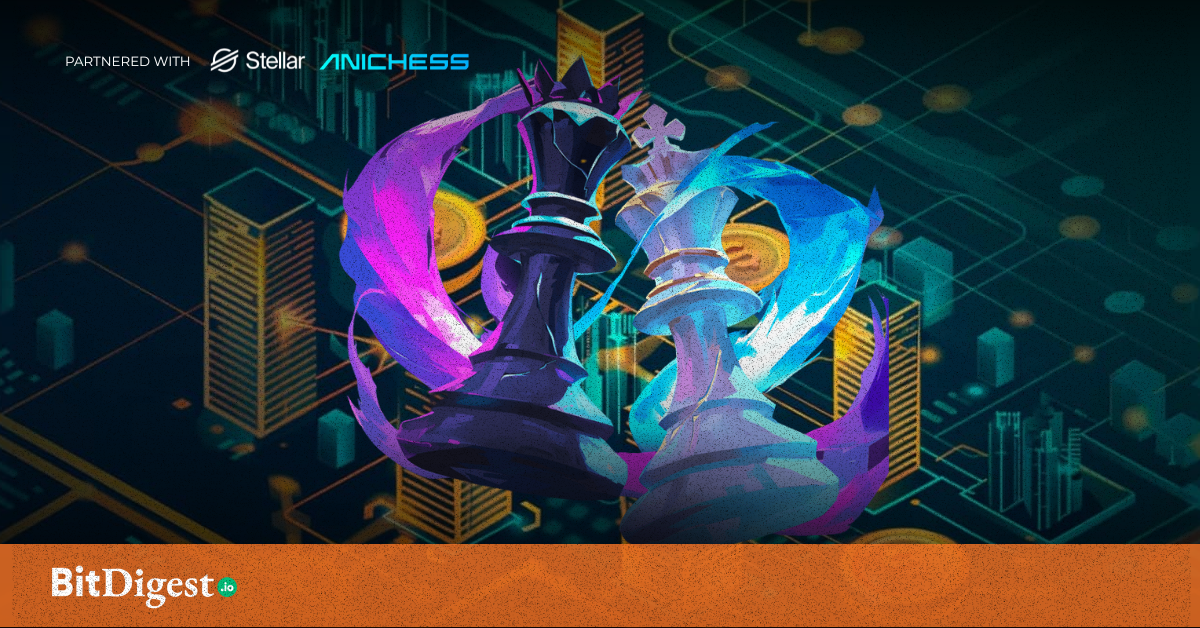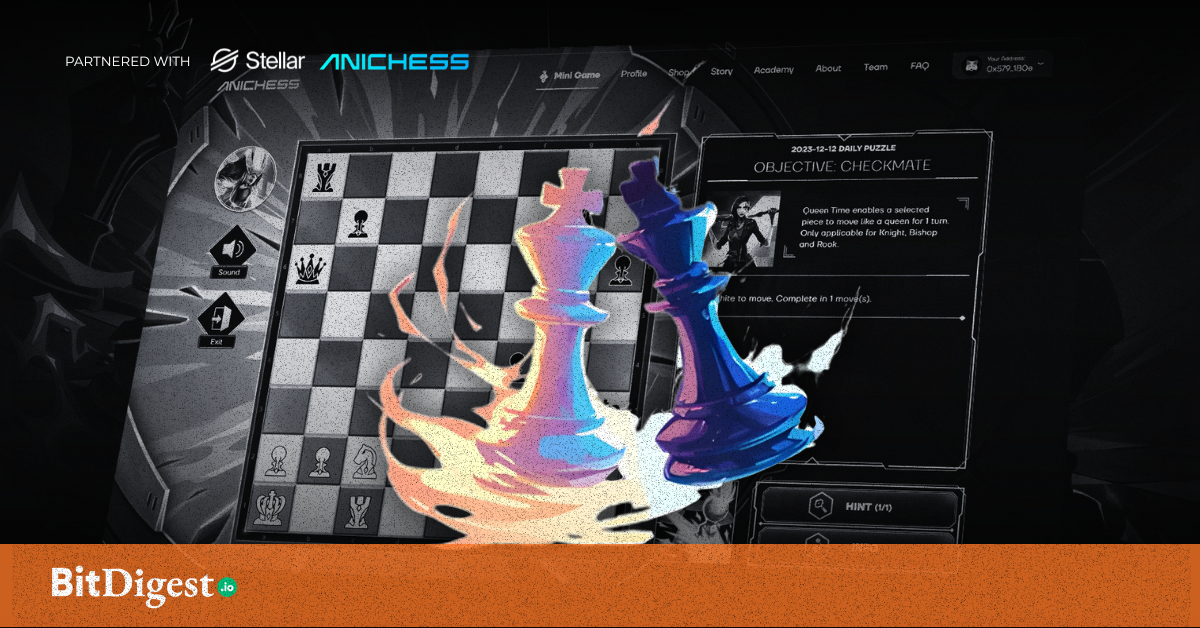Five Questions for the Future of the Metaverse
Talk to any Web3 enthusiast, and sooner or later you can expect to hear this question:
"What do you think about the metaverse?"
For some, the metaverse is a fantasy utopia for gamers who want to escape the limitations of their current lives. For others, it's the next level of online social interaction where fun meets the workplace and creative possibilities are endless.
The most optimistic view of the metaverse sounds like former US President Abraham Lincoln's famous definition of democracy: a society built by the people and for the people. But is it, really?
Here are five questions to ponder about the future of this virtual world.
1. Should actions in the metaverse have real-life consequences?
When you talk about the metaverse, what comes to mind may be a world where you can explore anything and be everything you want. This is what gaming gives you‚ a break from reality. But on the other end of the spectrum is what the founder of Oculus is working on: a VR headset inspired by the anime Sword Art Online that can kill its wearer if his or her avatar dies in the game.
Speaking of death, shooting down enemies is typical in role-player games, but what if you beat up the avatar of a player wearing ultrasonic-wave sensors that simulate sensations the user can feel? What if you destroy someone's virtual house? Would these count as physical abuse and damage to property? If so, what would be the punishment?

2. Who will enforce cybersecurity safeguards in the metaverse?
If the metaverse stays true to the core Web3 principle of decentralization, no central authority will have power over everything. Who then will regulate scammers, thieves, abusers, and cybercriminals?
In 2021, a researcher claimed that her avatar was groped while testing Horizon Worlds. Other instances of sexual harassment in the metaverse have been reported, and at least one victim had trouble reporting her abuser. Already, one man from South Korea was sentenced to jail for sexual offenses in the metaverse. With cyberbullying, online human trafficking, and other cybercrimes on the rise, children are likely to be exposed to even greater abuse and sexual exploitation if there is no way to control dangerous individuals in the metaverse.
One proposed solution is community voting via Decentralized Autonomous Organizations (DAOs). Members of a DAO will vote regarding issues that arise, and when they reach a consensus, they can enforce new rules or blacklist bad actors via smart contracts.
On the other hand, projects like Metacourt aim to use AI for legal arbitration regarding metaverse-related crimes. To help arrest these criminals, global crime-fighter Interpol recently launched a metaverse-based police force.
Regardless of what method they use, builders of metaverse will need to find a balance between anarchy and totalitarianism and install public safeguards to ensure a mentally, emotionally, financially, and physically secure experience for future users.
3. Will the metaverse increase connectivity or further the socioeconomic divide?
Augmented reality will allow people to experience a different plane of existence not visible to those without access to the technology. With the gap between those who can afford and understand next-generation tech versus those who cannot, the metaverse may drive an even bigger wedge between the different socioeconomic classes of society. If that happens, the actual, de facto state of the metaverse may be an exclusive social clique only for the rich and computer-savvy.
4. What will be the consequences of real-life conflict in the metaverse?
In the real world, nations can shut their physical borders during times of war. What happens in the metaverse, where physical constraints are removed? Will two nations battling in real life take up arms virtually and launch cyberattacks on each other online?
Some analysts propose fighting battles through games, where the losers are forced to give up digital assets to the winners. More likely, military operations in the metaverse will revolve around better tactical training and weapons development. Already, China is preparing for metaverse warfare in the form of targeting the virtual worlds and infrastructure of other countries. If so, peace treaties will have to be amended to extend to virtual reality.

5. How much control will Big Technology companies have over metaverse users?
Empowered by decentralized payment solutions and smart contracts that can execute transactions without the need for a third party, Web3 advocates hail technology as the path to individual freedom. But with tech and gaming conglomerates developing the rules and the framework of the metaverse, how much control will users actually have over their digital lives? Will we be walking around with one foot in virtual reality at all times, carefully playing by their rules, and just one mistake or cyberattack away from massive damage to our entire identity?
Right now, the metaverse looks like a new frontier for fun and freedom. Yet, if we are not careful, we risk becoming slaves to its AI-powered algorithms. On the path to a more open web, let us not forget this: it is everyone's responsibility to make the right decisions for our shared future.
.svg)


.svg) SHARE TO FACEBOOK
SHARE TO FACEBOOK SHARE TO TWITTER/X
SHARE TO TWITTER/X SHARE TO LINKEDIN
SHARE TO LINKEDIN SEND TO MAIL
SEND TO MAIL





.svg)


.svg)